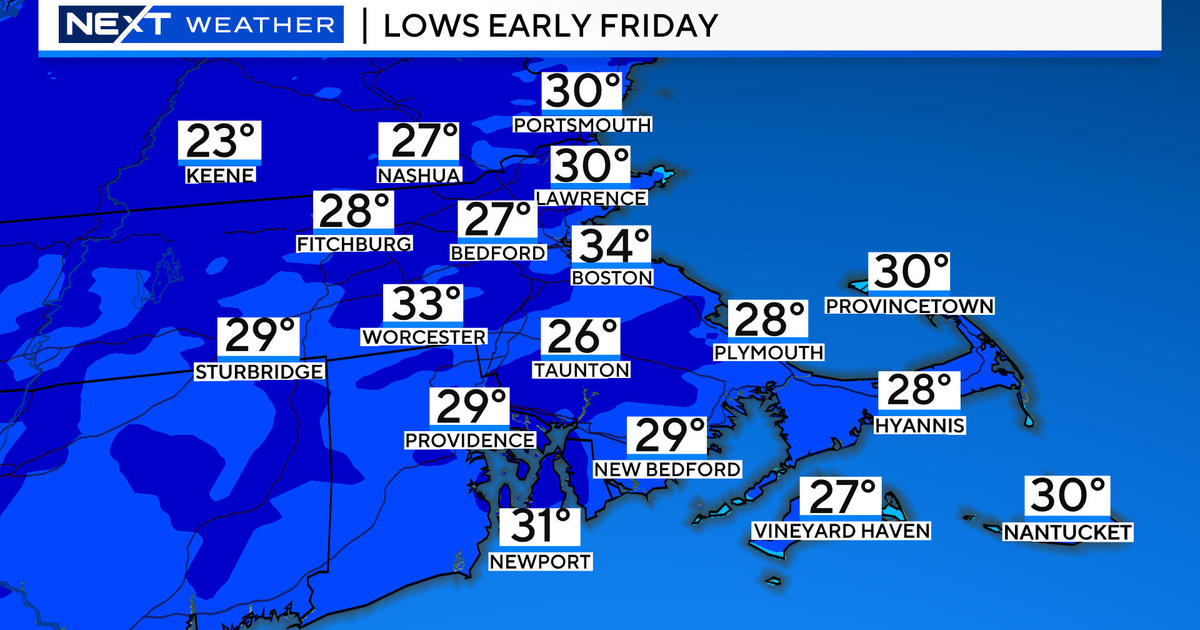Super Moon Coming This Weekend
BOSTON (CBS) - It's a bird! It's a plane! It's Super Moon!
We will be treated to a beautiful sight in the night sky over the weekend, the closest and largest appearing Full Moon of the year.
Check: Current Conditions | Weather Map Center | Interactive Radar
The technical term for this is a Perigee Moon, meaning the moon is making its closest pass to Earth in its orbit.
The actual closest pass comes precisely at 11:34 p.m. Saturday when the moon will be about 225,000 miles away from our planet.
This is some 27,000 miles closer than when it is at apogee, its farthest distance from Earth.
Just one minute later at 11:35 p.m. the moon will line up with the Earth and Sun and become officially full, nearly perfect timing.
Of course, the moon is not really any bigger in size, but it will appear to be 14-percent larger and 30-percent brighter Saturday night.
Assuming the cloud cover allows us to see anything (which these days is a big assumption), the best time to view it will be right around sunset, when the moon will be rising in the east.
For some reason unknown to scientists, the moon tends to look even larger when it is on the horizon beaming through buildings and other large objects in the foreground.
If this sounds familiar, you aren't dreaming.
Just over a year ago, on March 19, 2011 we were having the same discussion.
The only difference was last year's version was even closer by about 250 miles, the closest pass in nearly 20 years!
So, of course, the million dollar question is - will we be able to see it or will our stubborn clouds spoil the show?
It does appear that some areas, particularly inland, will see some clearing on Saturday afternoon.
But the clouds may tend to fill back in at night as temperatures drop, so if you get a glimpse, soak it in while you can!
And by the way, there is one more astronomical treat going on this weekend - the annual Aquarid meteor shower.
These meteors are actually bits of dust from Halley's Comet which last whizzed by Earth in 1986.
Even though the comet is now very far away (beyond Uranus) we still pass through the stream of dust it left behind twice each year (May and October).
This year's version will peak early on Sunday morning, just before sunrise.
We will be at a few disadvantages this go around.
First, the Northern Hemisphere (where we live) will only see about half as many per hour as the Southern Hemisphere.
Second, our bright "Super Moon" will also make it difficult to see most of the meteors.
You can follow Terry on Twitter at @TerryWBZ.



